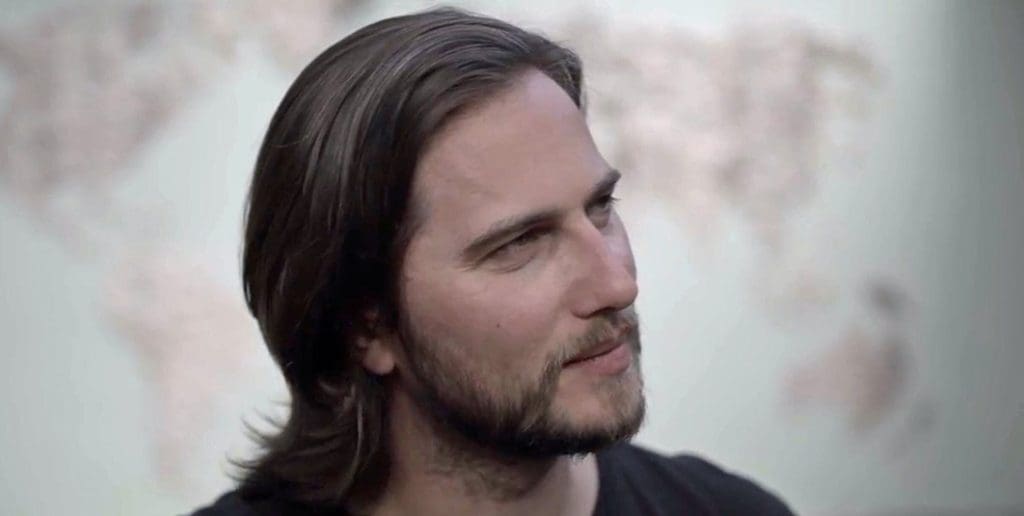Dr. Jason von Meding is a founding member of FIBER, associate professor at UF, co-host of the Disasters: Deconstructed podcast, and Director of the Disasters, Trust, and Social Change Lab.
When you think of the impact of disasters on communities, you may be inclined to primarily consider the material implications: the effects on infrastructure, the damage and proceeding clean-up efforts, the financial cost or the damage to local ecosystems. However, one aspect of post-disaster recovery that is often overlooked is the human factor: the societal inequality that can be worsened during recovery. Dr. Meding started his career in architecture, fascinated by the engineering of resilient homes. But after taking a road trip with his friend for a research project examining how natural hazards affected different types of buildings, his perspective on disasters broadened.
“It was the December after [Hurricane] Katrina and we ended up in New Orleans, and that night poured. I was interested mainly in the hazards — interested in the storm surge, and the wind, and flooding impacts and all that. But I met lots of people, and that broadened my outlook on what was going on here; it wasn’t just about the nature, it was about people and society, and politics, and inequality, and mismanagement of emergency responses.”
This idea was later reinforced when Dr. Meding went on to pursue a PhD in post-tsunami Sri Lanka and Bangladesh, when he quickly realized that “a new shelter prototype” was not what communities wanted or needed. During his study, Dr. Meding shifted from having a focus on design to instead pursue Project/Construction Management, hoping to address more pressing problems in post-disaster shelter delivery. He also started to listen closely to what communities were already doing to reduce their own risk.
“I started to really work in a different way with communities; a more engaged research process, trying to put people who are affected by disasters at the center of the research design.”
Since then, Dr. Meding has worked with projects and programs in various regions of the world – from Australia to Bangladesh to Ireland and everywhere in between – to address the societal inequalities that are worsened by disaster. He hopes that by maintaining a community-first approach to environmental resilience and “establishing alternatives” to the currently mismanaged system of disaster recovery, communities will take their power back.
“A lot of what I’ve worked on in the last couple years is around the concept of vulnerability, which is core to why people experience different levels of risk or experience risk in different ways. It’s why everybody isn’t harmed equally in a disaster…a lot of it comes back to these integrated social systems that we all live within. All of these systems have inequalities baked into them; people are often born into systems that are not going to treat them equally, so part of my work is just ‘How do we organize with the people that are experiencing the worst of our systems to actually create something different?’”
Today, Dr. Meding manages the Disasters, Trust, and Social Change Lab where he sees this intertwining of community-centered sociology and disaster response come to fruition. He is also currently managing a research project in Jacksonville, FL in which he is examining how the local air quality is affecting the citizens’ immune systems. Air quality is a particularly challenging issue to address for communities in Jacksonville, Dr. Meding says, due to the lack of complete research demonstrating its negative effects.
“What we want is to establish this really clear evidence that the housing environments are harming everybody in that community, that it’s a cost to taxpayers because the health system is getting hit for all these visits for all the symptoms that are occurring when you could’ve solved it through better housing…So there’s big justice issues about ‘Why do people have so few options of where to live? Why are those places where they live underserved? Why do they have poor infrastructure? Why are they near environmental contaminants?’”
Through these continued efforts in research and establishing meaningful connections with the community around environmental, social and political action, Dr Meding hopes to demonstrate that it is indeed possible to have a community-centered approach to disaster risk reduction.
Featured Image Credit: University of Newcastle, Australia
